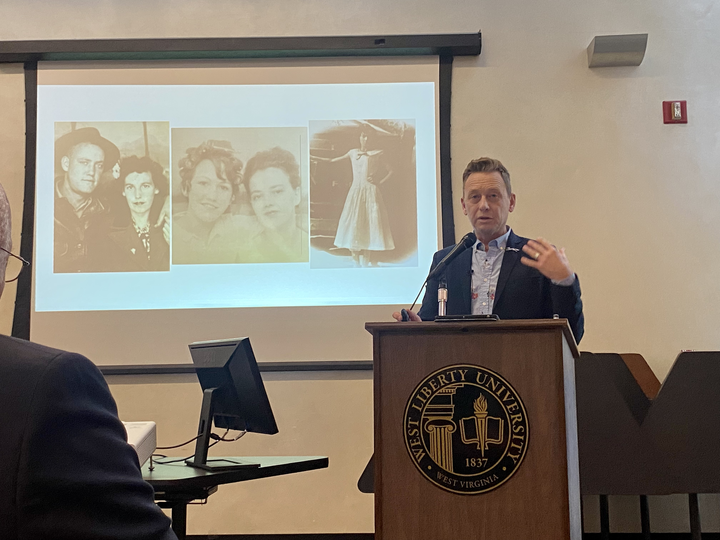Marissa Wetterau, Sports Editor
According to federalregister.gov, President Barack Obama proclaimed on Dec. 31st, 2015 that January 2016 will be National Stalking Awareness month. “by virtue of the authority vested in me by the Constitution and the laws of the United States, do hereby proclaim January 2016 as National Stalking Awareness Month” said President Obama in his proclamation.
While the definitions and true understanding of stalking can be vague, the Stalking Resource Center defines stalking as “a course of conduct directed at a specific person that would cause a reasonable person to feel fear.” Some examples they give of what constitutes stalking follows:
- Follow you and show up wherever you are.
- Send unwanted gifts, letters, cards, or e-mails.
- Damage your home, car, or other property.
- Drive by or hang out at your home, school, or work.
- Threaten to hurt you, your family, friends, or pets.
Over 7.5 million people are the victim of some sort of stalking in the United States. The National Intimate Partner and Sexual Violence Survey of 2010 estimates that one of every six women and one of every nineteen men will be the victims of stalking. 85% are usually stalked by someone they know and that stalker is most likely a current or former intimate partner. When the National Intimate Partner and Sexual Violence Survey broke down numbers by sexual orientation, it found 31% of bisexual women reported being stalked. An estimate of the percent of lesbians, gay men, and bisexual men was not given because of a relative standard error of over 30% or an insufficient sample size. Stalkers often use technology to assist them in stalking their victims
Another example of stalking includes when stalkers use technology against their victims. If stalkers have access to a victim’s computer, they can track them by looking at the history or websites visited on the computer. Spyware software on computers (sometimes sent through e-mail) can send stalkers a copy of every keystroke made, including passwords, Web sites visited, and e-mails sent by victims. Stalkers can also use the Internet to contact or post things about the victim on message board or discussion forums.
To assume that stalking does not exist in our communities because they do not show up on reports, is simply foolish. The impacts of stalking include anxiety, insomnia, social dysfunction, depression, missed work, destroyed property, and in extreme cases, bodily harm. If you are being stalked, it’s advised not to engage with the person stalking you and to keep any evidence of stalking.
“If anyone feels as if they are being stalked, they can call the Sexual Assaut Help Center at 304-234-1783” said Melanie Mcfadden, BSW, LSW and Prevention Education Specialist at the Sexual Assault Help Center.






